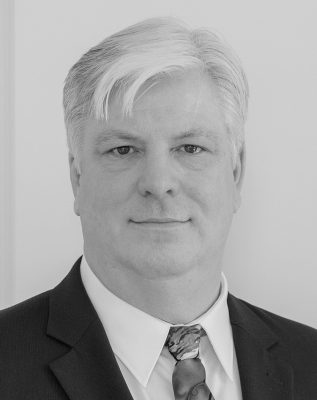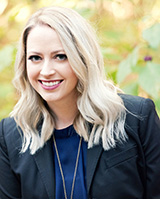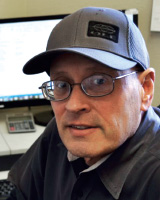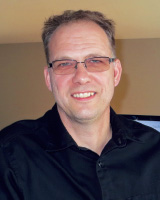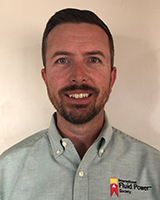Profile: John Juhasz
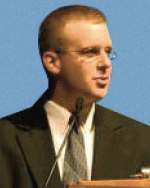
When and where did your career in fluid power begin?
My career started when I was 8-9 years old repairing equipment on our family farm. It led to heavily participating in the Agricultural Mechanics contests in FFA (Future Farmers of America) in high school, then a degree in Fluid Power from Ohio State ATI in Wooster.
What is the most memorable moment in your fluid power career, and what did it teach you?
In the early 2000s, I was called on a service call to discover a high-pressure hydraulic system that was plumbed partially with PVC water pipe. Mortified, I instructed the maintenance techs at that facility to keep the machine shut down until proper rated plumbing was installed. It made an impression on me that we take things for granted sometimes and that not everyone exposed to fluid power is “savvy” about fluid power.
What do you feel is the most important achievement in the fluid power industry?
In a roundabout way, the fact that fluid power is so obscure is testament to our industry’s utmost utility.
How and why did you get involved in the IFPS?
Having held certifications for close to 20 years through IFPS, I felt that “giving back” or “paying forward” was certainly appropriate. When Bob Kraft (founder of Kraft Fluid Systems and former IFPS president) suggested to me that I get involved, it was a wake-up call reminiscent of “Why didn’t I think of that sooner?”
Why do you feel the IFPS is important?
A couple of reasons. First, the certification/training is a “common core” that builds professionalism in the industry. Second, maintaining a “noise level” to stay on the radar of young professionals and students, especially those interested in technology, maintains the influx of youth and subsequent generations into fluid power.
Where do you see the fluid power industry heading in the next 10 years?
The easy answer would be more electronic controls, but I think that bell curve has already hit the 80/20 range and leveled off. The bubble won’t burst, but it’s not going to continue growing exponentially as it has the past 10 years. The real elephant in the room is the number of seasoned and experienced professionals that will retire in the next decade, taking with them a wealth of experience and knowledge.
What are some of your favorite hobbies and interests?
Cooking, gardening, and hunting. Specifically, I grow corn for size and have won several competitions for tall stalks and large ears (stalks 21+ feet tall and ears over 16″ long).
What is something people would be surprised to learn about you?
When I was in high school, I couldn’t decide if I wanted to be a chef or a heavy equipment mechanic. I toured and visited several culinary academies, as well as several diesel and equipment programs. I noticed the diesel mechanic shops were all cleaner than the culinary kitchens. Kind of made my decision easier.

